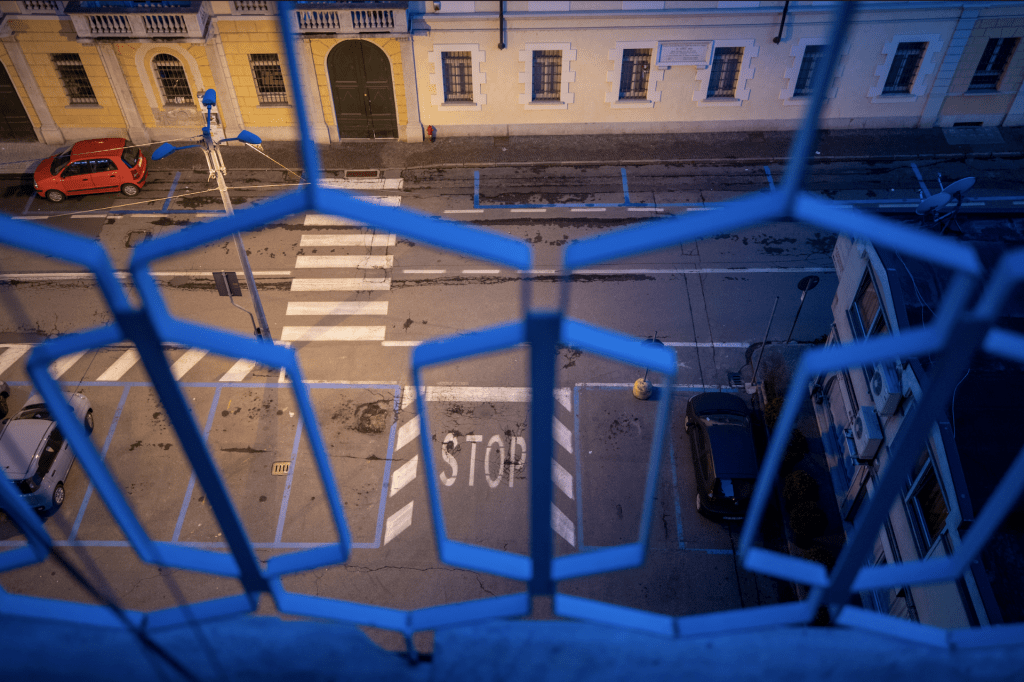While cases of domestic violence are expected to escalate in locked down Europe, calls to the police and hotlines are feared to decline. The lock down leaves limited opportunities for victims to seek help, causing the shelters and hotlines to think differently.
By Alberte Sørensen, Sofie Bladt & Stine Skovgaard

No possibility to escape and frustration over the situation make the lockdown a catalyst for domestic violence.
“We know from other countries and research in other types of crises, that we can expect an increase in domestic violence. Violent relationships will escalate because they are home 24 hours a day,” says Mette Marie Yde, Vice President of the Women’s shelter Danner, in Denmark.
Additionally, victims might face a hard time getting help due to limited social contact with relatives as well as hardly any time away from their perpetrator.
Share of best practice
The Council of Europe has created a website where member states can share best practice among them, in order to protect victims during the pandemic. In France, pharmacies have been given several tools as they might be in contact with victims. A “reflex sheet” has been designed to guide employees to help people who spontaneously indicate being a victim. Also, if the perpetrator is present, the victim can use the code “mask 19” to get instructions so the police can intervene.
In Denmark hotlines now provide an email service to enable victims who cannot talk on the phone, to reach them. Extra funds from the government has allowed shelters to establish extra emergency beds, ready to receive the extra victims.
Fewer calls might be bad news
While Danner experienced an increase in calls during the first days of the lockdown, other countries see no change. Regardless of the amount of calls in each country, the expected conclusion from the Council of Europe is the same:
“In some countries the numbers of calls to the police or helplines have clearly gone up. In other countries neither of these developments have happened. But everyone is fearing that this is bad news rather than good, because it must have to do with the lack of possibility women have to reach out to support services,” says Johanna Nelles, Executive Secretary from Council of Europe.